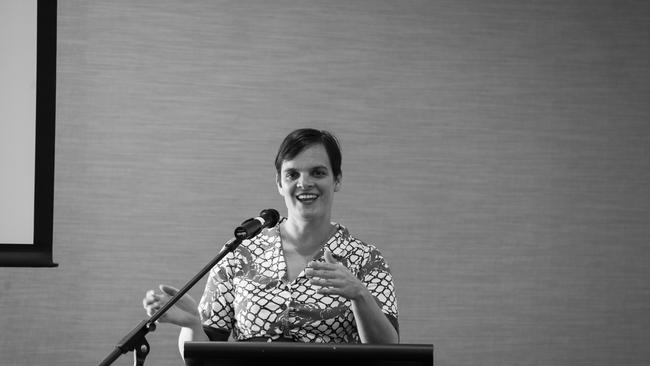Legal Aid crisis means justice denied to most disadvantaged
Vulnerable children may go without legal representation if ‘chronic underfunding’ continues.

The government needs to provide Legal Aid with an extra $484 million in annual funding or risk “denying justice” to Australia’s most disadvantaged as they face a depleted workforce and a rising demand for services, according to a new report.
The practitioner shortage has gotten so bad in some areas that there are less than ten independent children’s lawyers available to assist Legal Aid in Western Australia, which has led to a backlog of about 50 matters. As a result, children could go without legal representation or may be delayed through the courts.
The massive bump in funding is on top of the $267 million in annual commonwealth dollars already provided to the six Legal Aid institutions across the country and is a result of “many years of significant under-resourcing and under-investment”.
The current state of Legal Aid, which National Legal Aid Executive Director Katherine McKernan said is at “a critical point”, is revealed in a report prepared by Impact Economic and Policy for NLA.
The Justice on the Brink report states that “chronic underfunding and underpayment is eroding the supply of practitioners willing to undertake Legal Aid work, threatening the viability of services across the country.”
The number of Legal Aid practitioners in Queensland has fallen by 32 per cent in the last 18 months, while in South Australia, the number of available family lawyers fell 28 per cent and criminal lawyers fell 14 per cent.
Many of those jumping ship, largely due to low fees, are private practitioners who take up 72 per cent of cases.
The lack of legal representatives is “particularly confronting” in rural and regional areas where the only practitioner may be hundreds of kilometres away, Ms McKernan said.
At the same time, the number of people who contact Legal Aid has been rising at “alarming rates”. Calls to the Legal Aid ACT Helpline have doubled since 2013.
This is partly because people need a more extensive range of legal assistance than they did ten years ago. There is greater need for employment, housing and family law, for example, because 21 per cent more people are employed, there are 20 per cent more households and 18 per cent more divorces.
As a result, the majority of the $484 million in additional funding modelled in the report is for extra family and civil grants.
“Access to justice is really important. In our family law work, 86 per cent of all matters have a risk of domestic and family violence. That women and children have access to services is really important. And demand for family law services has increased by 14 per cent over the last ten years,” Ms McKernan said.
Ms McKernan said a lack of funding meant people would miss out on Legal Aid services, leaving some at significant risk of adverse legal, economic and social outcomes.
“One of the impacts is a number of people will self-represent because they can’t access Legal Aid and cant afford lawyers.”
The commonwealth government is currently undertaking a review of the National Legal Assistance Partnership.








To join the conversation, please log in. Don't have an account? Register
Join the conversation, you are commenting as Logout